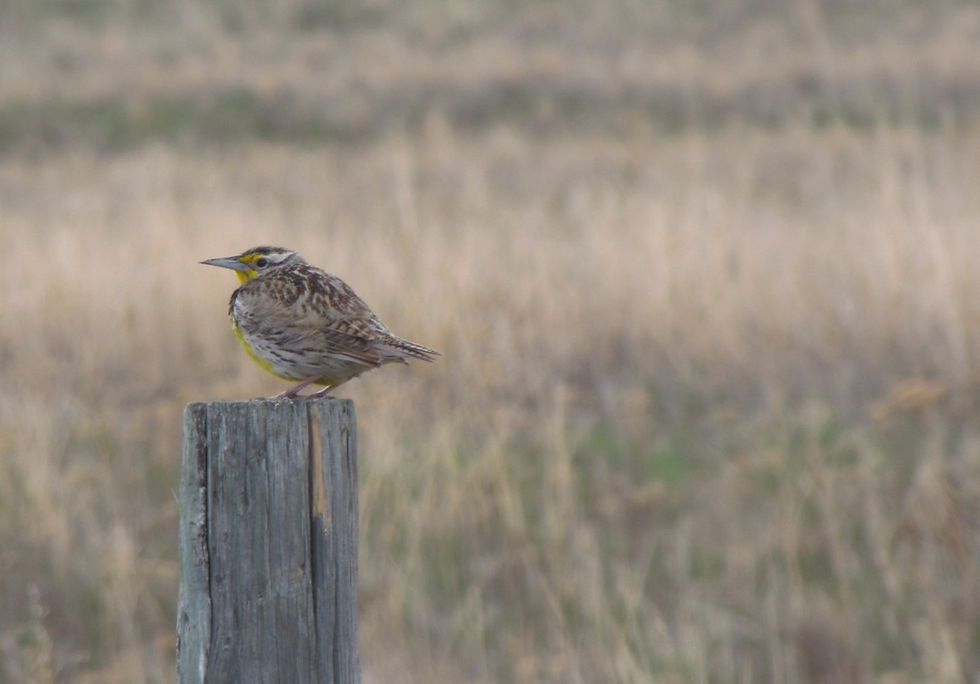How Much do we Need to Protect?
- Apr 22, 2025
- 2 min read
By Dr. Pamela Wright

Conservation of terrestrial and marine ecosystems is important to protect wildlife and their habitats, to provide clean water and air, to protect watersheds and soil, to buffer against natural disasters, to fight climate change, to support local communities through sustainable livelihoods and tourism, and for many more reasons. We often hear the question: How much do we need to protect? The answer is complex, but the scientific research suggests that between 40-70% of ecosystems need to be protected to avoid catastrophic losses. Of course, the answer is never just as simple as a number... it matters where conservation happens, what condition the environment is in, how rare the ecosystems and species are, what risks are faced by that ecosystem, and how the protected area is managed, among other things.
30 x 30: A Worldwide Conservation Initiative
30 x 30 is a worldwide government initiative to which over 190 countries, including Canada, committed when signing on to the Global Biodiversity Framework. The 30 x 30 campaign commits countries to protecting 30% of land and freshwater and 30% of marine environments by 2030. Protection, in this case, means a type of permanent protected area with a primary management goal of conservation. So, these protected areas may be national parks, provincial parks or ecological reserves, marine protected areas, private land conservation initiatives such as land trusts or covenants, and some specific regional or municipal protected areas that are managed primarily for conservation. The 30 x 30 initiative is a step towards protecting biodiversity at the local and global scale.

Provincially, between 16 and 19% of the terrestrial area in BC is protected (the numbers vary based on definitions used and because verified databases are about a year out of date), so while we are on our way to achieving the 2030 targets, we’ve still got a ways to go! On Pender Island the percent conserved is a bit higher (around 22%), but many of these areas are very small fragments, which puts them at higher risk. Only about 11% of the Coastal Douglas Fir ecosystem – the ecosystem we find on the Saanich Peninsula and Southern Gulf Islands – is protected. This makes it the least protected ecosystem in British Columbia. Conservation of this ecosystem is even more challenging because of the small, fragmented and disconnected nature of the ecosystem and because 80% of the land is privately owned. This means that private land initiatives such as the Pender Conservancy’s Nature Reserve sanctuaries and conservation covenants are incredibly important. It also means we must carefully restore damaged ecosystems and minimize further impacts on them.

Beyond 30 x 30: Individual efforts matter too
It's also important to remember that protected areas by themselves won’t achieve conservation goals. These areas need to be connected and surrounded by lands such as our farms, homes, cities, and resource harvesting areas (e.g., managed forest land) that are sustainably managed. Conservation is a community process, with individual land stewardship efforts collectively existing within a network of private and public protected lands across the landscape. Never underestimate the ecological value of restoring your own backyard!



